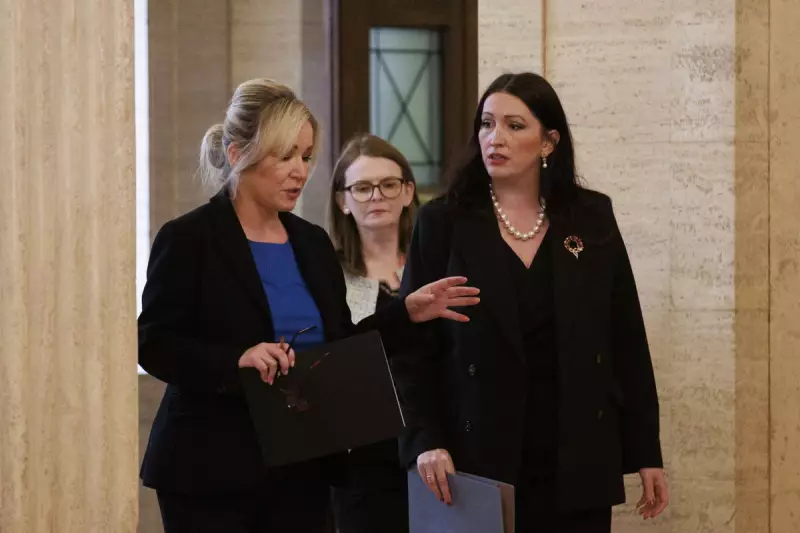
In a remarkable development that's sending shockwaves through Westminster, a new Agricultural Alliance has emerged as a formidable cross-party force, uniting politicians from across the political spectrum in an unprecedented show of unity for rural Britain.
Breaking Traditional Political Boundaries
The alliance represents one of the most significant breaches of conventional party politics in recent memory, bringing together Conservative MPs, Democratic Unionist Party representatives, Labour members, and Alliance Party politicians under a common banner. This diverse coalition is demonstrating that when it comes to agricultural interests, traditional partisan divides can be set aside.
Strategic Power Moves in Parliament
Political insiders are watching closely as this new grouping begins to flex its muscles in parliamentary proceedings. The alliance's ability to command support from multiple parties gives it substantial leverage in key votes and policy discussions, particularly around:
- Post-Brexit farming subsidies and support
- Environmental land management schemes
- Rural economy development
- Food security and supply chain resilience
Redefining Political Alliances
What makes this development particularly noteworthy is how it challenges the conventional understanding of political alliances in UK politics. Rather than forming along traditional left-right divides, this group has organised around shared geographical and sectoral interests, potentially creating a new template for issue-based cooperation in Parliament.
The emergence of this alliance comes at a critical juncture for UK agriculture, with ongoing trade negotiations, environmental targets, and economic pressures creating both challenges and opportunities for rural communities. By presenting a united front, the Agricultural Alliance aims to ensure that farming interests remain at the forefront of political decision-making.
Westminster Reaction and Future Implications
Senior parliamentary figures are reportedly taking notice of this new power bloc, recognising its potential to influence legislation and government policy. The success of this cross-party approach could inspire similar sector-based alliances in other areas of policy, potentially reshaping how business is conducted in the Houses of Parliament.
As one political analyst noted, "When you have Conservative backbenchers and Labour MPs standing shoulder to shoulder on agricultural issues, it signals a fundamental shift in how political influence is being organised and exercised in Westminster."





